Heloise Logan
A Framework for Fairness in Two-Sided Marketplaces
Jun 23, 2020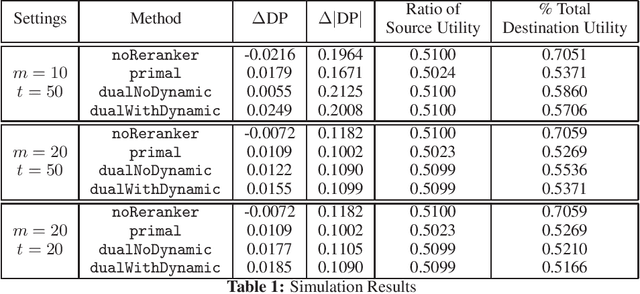



Abstract:Many interesting problems in the Internet industry can be framed as a two-sided marketplace problem. Examples include search applications and recommender systems showing people, jobs, movies, products, restaurants, etc. Incorporating fairness while building such systems is crucial and can have a deep social and economic impact (applications include job recommendations, recruiters searching for candidates, etc.). In this paper, we propose a definition and develop an end-to-end framework for achieving fairness while building such machine learning systems at scale. We extend prior work to develop an optimization framework that can tackle fairness constraints from both the source and destination sides of the marketplace, as well as dynamic aspects of the problem. The framework is flexible enough to adapt to different definitions of fairness and can be implemented in very large-scale settings. We perform simulations to show the efficacy of our approach.
Scalable Assessment and Mitigation Strategies for Fairness in Rankings
Jun 19, 2020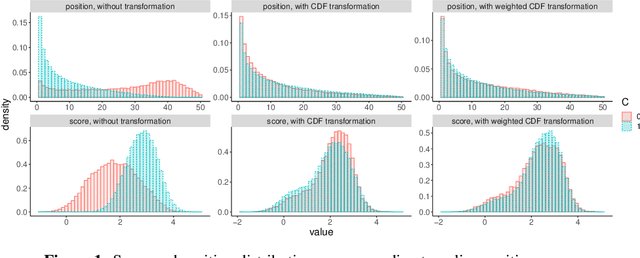
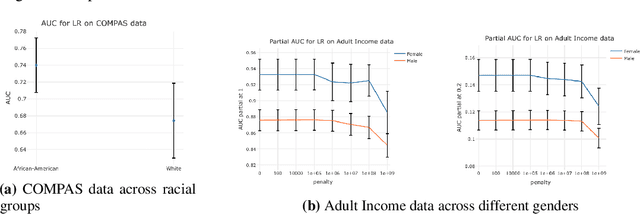
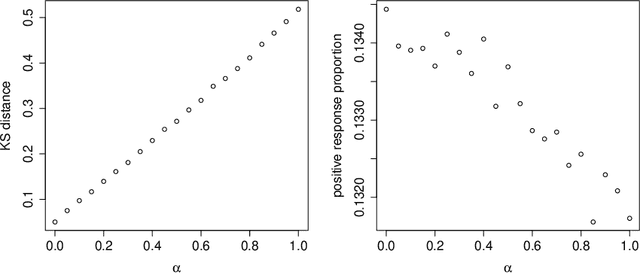
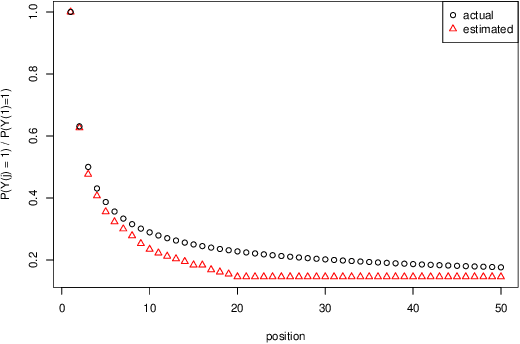
Abstract:Motivated by industrial-scale applications, we consider two specific areas of fairness, one connected to the notion of equality of opportunity, and the other one generally tied to fair model performance. Throughout the paper, we consider only methods that can be scaled to Internet-industry size datasets. With this in mind, we propose a simple post-processing method to achieve equality of opportunity and discuss challenges and some solutions in the specific cases of recommendation systems and rankings. We then discuss a class of model performance fairness measures based on conditional ROC curves. We propose both scalable uncertainty assessment tools (that improve upon recent research) as well as scalable penalized methods to improve fairness with respect to these metrics. We provide fast algorithms with an emphasis on making few passes over the data when possible.
 Add to Chrome
Add to Chrome Add to Firefox
Add to Firefox Add to Edge
Add to Edge